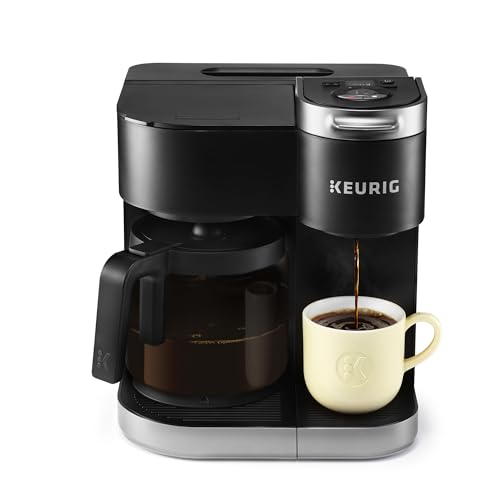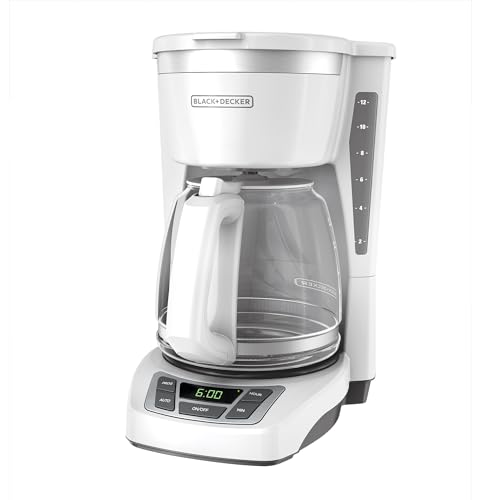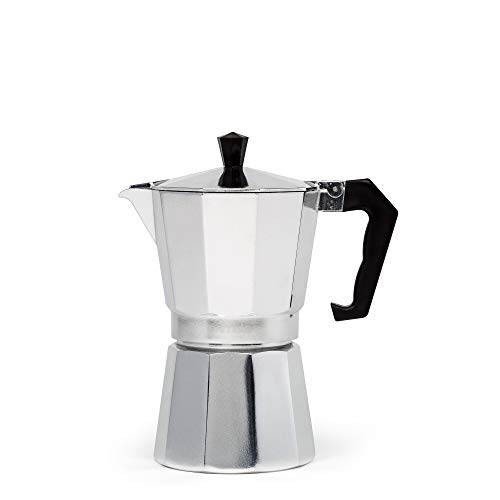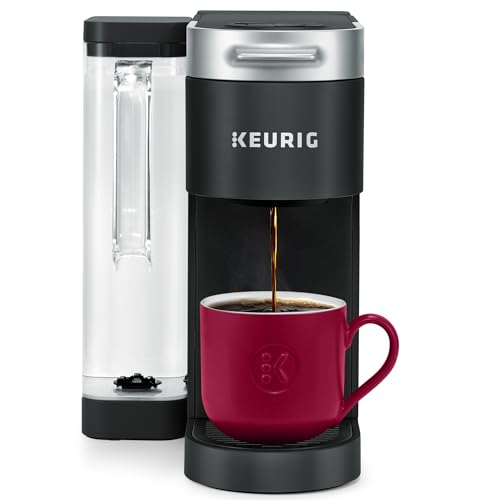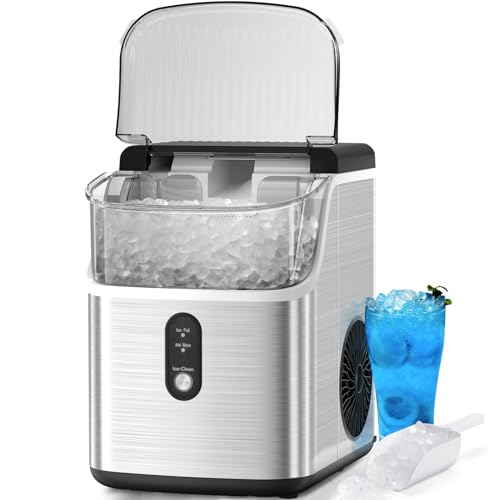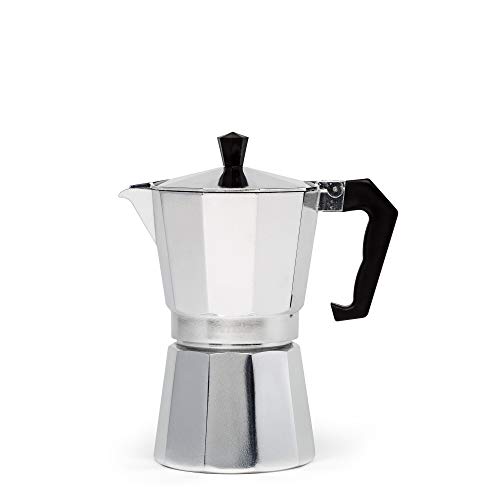“Are Stainless Steel Refrigerators Magnetic?” is a question that might seem simple at first glance, but the reality is a bit more complex. As consumers, we often find ourselves reliant on the magnetic properties of our refrigerators, using them as a space to display important notes, children’s artwork, or our favorite photographs.
Stainless steel, a popular material in modern kitchen appliances, is known for its sleek, timeless appeal and durability. But does this material also possess the magnetic properties we have come to associate with our refrigerators?
This article aims to delve into the relationship between stainless steel and magnetism, providing insights that may prove useful when selecting your next kitchen appliance. Stay with us as we explore the science behind magnetism, the manufacturing of refrigerators, and the influence of these factors on your everyday life.
Are Stainless Steel Refrigerators Magnetic?
The answer to the question, “Are Stainless Steel Refrigerators Magnetic?” is – it depends. Not all stainless steel is created equal. The magnetism of a stainless steel refrigerator is determined by the type and composition of the stainless steel used.
Stainless steel is an alloy composed primarily of iron, combined with carbon and other elements such as chromium, nickel, and manganese. The amount of each of these components and the way they are combined during the manufacturing process can affect whether the end product is magnetic or not.
The most common types of stainless steel used in the production of refrigerators are ferritic and austenitic. Ferritic stainless steel is magnetic as it contains iron. On the other hand, austenitic stainless steel is typically non-magnetic because it contains a high amount of nickel and chromium, which stabilize the structure and prevent it from being magnetic.
Moreover, the manufacturing process also plays a role. During production, if the stainless steel is cold-worked, i.e., rolled at room temperature, it can undergo a process called ‘martensitic transformation,’ which can make it magnetic.
In conclusion, when considering whether a stainless steel refrigerator is magnetic or not, one must consider both the type of stainless steel used and the method of its production. Understanding these factors can significantly impact your appliance selection and how you use your refrigerator day-to-day.
How to Test If Your Refrigerator Is Magnetic
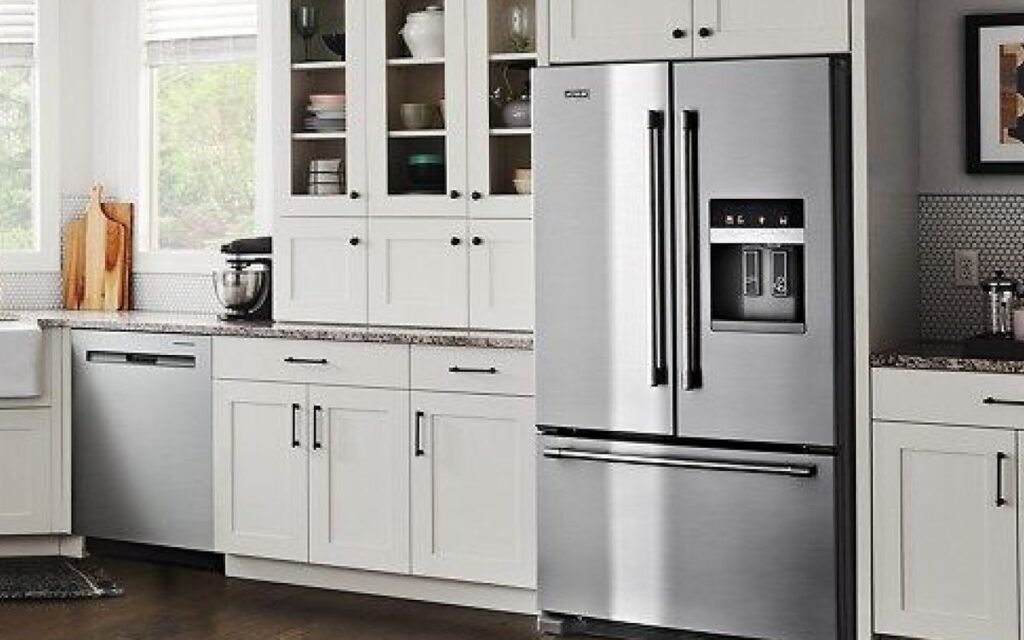
Testing if your refrigerator is magnetic is a simple task that requires just a common kitchen magnet. Start by placing the magnet on different sections your refrigerator. If it sticks, the refrigerator is magnetic., if it doesn’t adhere the refrigerator is likely made from non-magnetic stainless steel.
Keep in mind that the magnet test is not definitive. Some stainless steel surfaces may hold a magnet but not very strongly. If the magnet doesn’t stick, or if it only sticks weakly, this doesn’t necessarily mean that the refrigerator isn’t stainless steel. It could be that the particular type of stainless steel used isn’t strongly magnetic.
Most importantly, remember that whether a refrigerator is magnetic or not does not in any way influence its performance or durability. A refrigerator’s ability to attract magnets is simply a characteristic of the type of stainless steel used in its construction.
So, whether you choose a magnetic or non-magnetic refrigerator should depend primarily on your personal preferences and requirements.
As a final note, if you love displaying notes, photos, or your child’s latest artwork on the refrigerator but find that magnets don’t stick, fear not. There are many alternatives available, such as adhesive magnet strips or suction-cup hooks, which can turn any refrigerator into a personal showcase, regardless of the material.
Safety Considerations When Handling Magnets
Magnet safety is an often-overlooked aspect when discussing the magnetic properties of stainless steel refrigerators. However, it deserves attention, especially in homes with young children. Magnets can pose significant risks if not handled properly.
Small, powerful magnets, such as neodymium magnets, can attract each other through the human body, potentially leading to serious injuries if swallowed. Additionally, magnets can interfere with electronic devices, including pacemakers and other medical devices.
Always ensure that you use magnets responsibly. Keep them out of reach of young children and pets, and avoid placing them near electronic devices.
On the other hand, if used correctly, magnets can be a great tool for education and fun. They can help children understand the basic principles of physics, promote creativity and even improve fine motor skills when used in crafts and DIY projects.
In conclusion, while stainless steel refrigerators may or may not hold magnets, it’s crucial to handle magnets safely. Always keep in mind that the primary function of a refrigerator is to preserve your food, and its magnetic properties – or lack thereof – are secondary.
FAQs about Stainless Steel Refrigerators and Magnetism
When it comes to stainless steel refrigerators and magnetism, there are several common questions that are often asked. These inquiries range from the specifics about the manufacturing process of stainless steel appliances, to their magnetic properties, and how these characteristics might affect their day-to-day usage.
- Why are some stainless steel refrigerators not magnetic?
The magnetism of stainless steel refrigerators depends on the type of stainless steel used in their construction. Austenitic stainless steel, one of the most common types used in refrigerator manufacturing, is typically non-magnetic.
This type of stainless steel contains a high amount of nickel and chromium, which stabilize the structure and prevent it from being magnetic. However, if the stainless steel is cold-worked during manufacturing, it can undergo a process called ‘martensitic transformation,’ which can make it magnetic.
- Does the magnetic property of a refrigerator affect its performance?
The magnetic property of a refrigerator does not influence its performance. Whether the refrigerator is magnetic or not, is simply a characteristic of the type of stainless steel used in its construction.
The key function of a refrigerator is to keep your food fresh. The magnetism of a refrigerator would primarily affect its exterior use, such as the ability to stick magnets or notes on its surface.
- What are the alternatives if my stainless steel refrigerator isn’t magnetic?
If you prefer to use the refrigerator’s surface for displaying notes, photos, or artwork but your stainless steel refrigerator isn’t magnetic, there are several alternatives available. Adhesive magnet strips are a practical solution.
These strips have a sticky side that adheres to any surface, including non-magnetic stainless steel. Another option could be suction-cup hooks that stick well on smooth, non-porous surfaces, transforming your refrigerator into a personal showcase, irrespective of its magnetic properties.
Final Thought
In conclusion, stainless steel refrigerators offer a sleek, modern aesthetic that has become a fixture in contemporary kitchen design. The question of magnetism, while important for some households, should not be a determining factor in the decision to purchase a stainless steel refrigerator.
Instead, prioritize functionality, efficiency, and design that matches your kitchen’s overall aesthetic. Remember, there are alternative solutions if you desire a spot for displaying your cherished family photos, event reminders, or your child’s latest masterpiece.
The central duty of a refrigerator is to keep your food fresh and safe for consumption. Whether the refrigerator is magnetic or not is a secondary consideration. After all, the question, “Are Stainless Steel Refrigerators Magnetic?” should never overshadow the appliance’s primary function – preserving your food.
